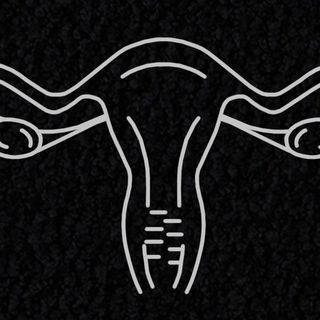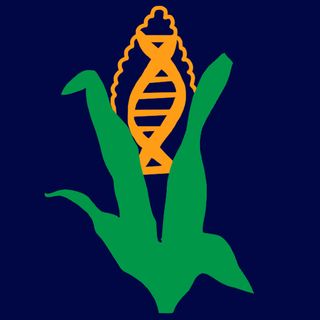A says conducted by Cardiff University’s School of Biosciences has found that a mother’s loving attitude toward her child, before and after birth, may be affected by a father’s DNA. ‘
It was a study conducted on mice, so it has no real bearing on human interaction. Still, it’s opens an interesting avenue for future study and conversation.
In the study, published in PLOS Biology, researchers looked into hormonal signaling from the placenta during pregnancy. These signals play a role in transporting nutrients to the fetus, maintaining a healthy pregnancy, and, now, in programming mice mothers’ behavior and preparing them for parenthood.
The hormones involved in the signals are produced by placental cells, which are regulated by a gene in the fetus known as Phlda2. Fetuses have two copies of this gene, as they do of most genes. Of these two Phlda2 copies, only one becomes active — the one from the mother’s. The copy inherited from the father stays silent.
Researchers analyzed what would happen if both copies of the Phlda2 gene were active (a “maternalized” condition), or if bother copies were silent (a “paternalized” condition) using mice genetically altered to create these conditions. Mothers with doubly active Phlda2 genes released less hormone signals; they groomed and nursed their babies less, and instead focused on nesting. Mothers with doubly silent Phlda2 genes, exposed to higher levels of hormones, were more caring of their children, and spent less time on ‘housework.’ The team also found changes in two regions of the mother’s brain – the hypothalamus and hippocampus.
This means that the mouse father’s genes, in staying silent, may inadvertently prompt the mouse mother into becoming more invested in his offspring — potentially at the cost of her best interest. Researchers say there are echoes of this in conflict common to new human parents and hope to explore Phlda2 further in humans next.
“Our previous work has reported that a similar placental gene is linked to prenatal depression, and we are currently asking whether similar gene changes are associated with poor quality maternal care in the Grown in Wales Study,” says Rosalind John, lead author of the study. “More work must be done to further our understanding in how this works in humans.”




